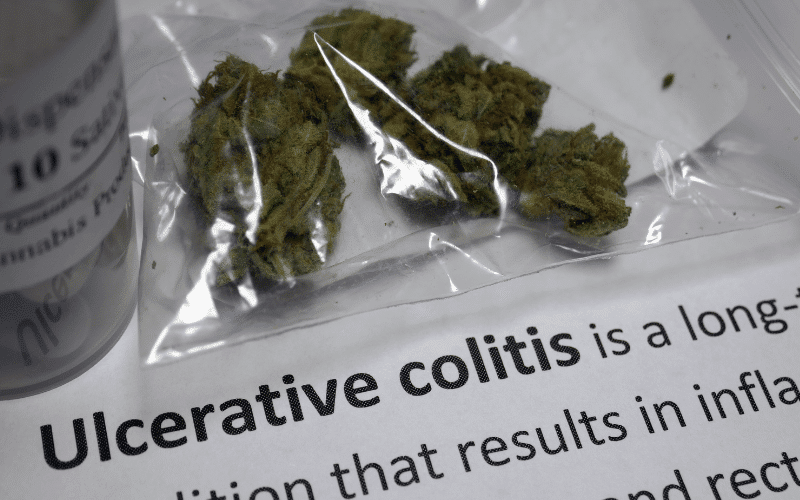Frequently Asked Questions about Ulcerative Colitis Flare-Up Symptoms

1. What triggers ulcerative colitis flare-ups?
The exact cause of UC flare-ups is not completely understood, but certain factors have been identified as potential triggers. These can include stress, infections, certain medications (e.g., nonsteroidal anti-inflammatory drugs or antibiotics), and dietary factors (e.g., excessive consumption of high-fat or high-fiber foods). However, triggers may vary from person to person, and identifying your specific triggers can help you manage and prevent future flare-ups.
2: How long do ulcerative colitis flare-ups typically last?
The duration of UC flare-ups can vary widely, depending on the severity of the inflammation and the effectiveness of the treatment plan. Some flare-ups may resolve within a few days, while others can persist for weeks or even months. Early intervention and appropriate management can help shorten the duration of flare-ups and prevent complications.
3. How can I tell if my ulcerative colitis flare-up is severe and requires medical attention?
Some signs that your UC flare-up may be severe and warrant medical attention include high fever, severe abdominal pain, persistent vomiting, heavy or continuous rectal bleeding, or signs of dehydration that don’t improve with oral fluid intake. In such cases, it’s essential to seek prompt medical care to avoid complications or severe consequences.
4. Are there any lifestyle changes I can make to help prevent or manage ulcerative colitis flare-ups?
While there’s no one-size-fits-all approach to preventing or managing UC flare-ups, certain lifestyle changes may help reduce the frequency and severity of flare-ups. These can include stress management, maintaining a healthy diet (e.g., avoiding trigger foods and focusing on nutrient-dense options), staying well-hydrated, getting regular exercise, and practicing good sleep hygiene. It’s important to work with your healthcare provider to develop a personalized plan that works best for you.
5. Can ulcerative colitis flare-ups lead to complications if left untreated?
Yes, untreated or poorly managed UC flare-ups can result in complications such as dehydration, anemia, malnutrition, joint pain, skin rashes, or more severe issues like colon perforation or toxic megacolon. Early intervention and appropriate treatment are crucial in preventing and managing these complications.
6. How is a flare-up of ulcerative colitis typically treated?
Treatment for UC flare-ups generally focuses on reducing inflammation, managing symptoms, and preventing complications. This may involve the use of medications such as corticosteroids, immunomodulators, or biologic agents, as well as supportive care measures like fluid and electrolyte replacement, pain management, and nutritional support. In some cases, surgery may be necessary to remove severely affected portions of the colon. Your healthcare provider will work with you to develop a treatment plan tailored to your specific needs and symptoms.
By understanding the various symptoms of ulcerative colitis flare-ups and working closely with your healthcare provider, you can take the necessary steps to manage and prevent these challenging episodes. Early intervention and comprehensive care are key to maintaining your overall health and well-being while living with UC.
Conclusion: Managing Ulcerative Colitis Flare-Up Symptoms for a Better Quality of Life
In summary, ulcerative colitis flare-ups can present with a wide range of symptoms, such as abdominal pain, diarrhea, rectal bleeding, fatigue, weight loss, joint pain, fever, dehydration, skin rashes, and loss of appetite. By recognizing and understanding these symptoms, you can work closely with your healthcare provider to develop a personalized treatment plan that effectively manages your condition and minimizes complications.
Lifestyle changes, such as stress management, dietary modifications, and regular exercise, can also play an essential role in reducing the frequency and severity of flare-ups. By taking a proactive approach to your UC management and staying informed about your condition, you can improve your overall quality of life and better navigate the challenges of living with ulcerative colitis.